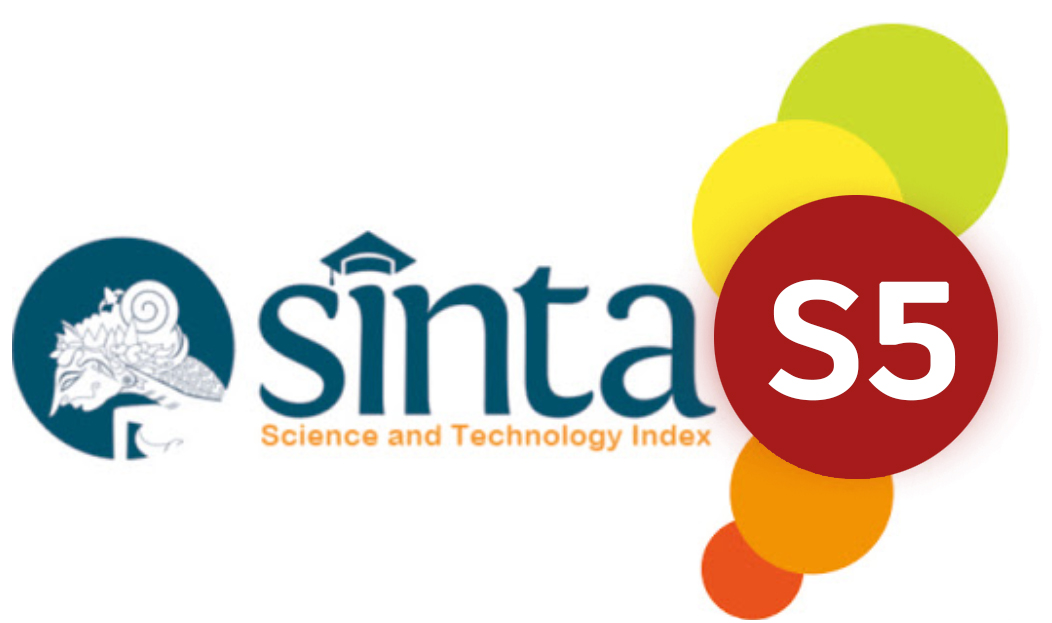Waste Management at Purus Padang Beach
Abstract
This study investigates waste management challenges at Purus Beach, Padang City, West Sumatra, with the aim of identifying effective strategies to address environmental and sanitation issues caused by increased tourism and trading activities. A qualitative approach was employed, involving data collection through interviews and observations, with participants including representatives from the Padang City Environment and Forestry Service (DLHK), cleaning staff, traders, and tourists. The findings reveal that waste accumulation at Purus Beach primarily originates from household and industrial debris transported by rivers, exacerbated by poor public awareness and inadequate government policies. Current waste management efforts, such as the provision of segregated bins through CSR initiatives, remain insufficient. Key areas of concern include the lack of sustainable waste processing systems and ineffective regulatory enforcement. Recommendations include improving infrastructure, raising public awareness, fostering community participation, integrating technological innovations, and enforcing stricter policies, such as bans on single-use plastics.The study concludes that a comprehensive, long-term waste management approach is crucial for preserving coastal environments and supporting sustainable tourism. Effective waste management not only enhances environmental health but also contributes to economic and social development in coastal regions.


















